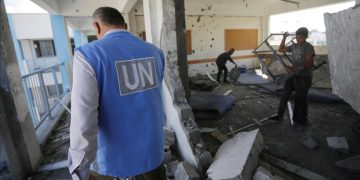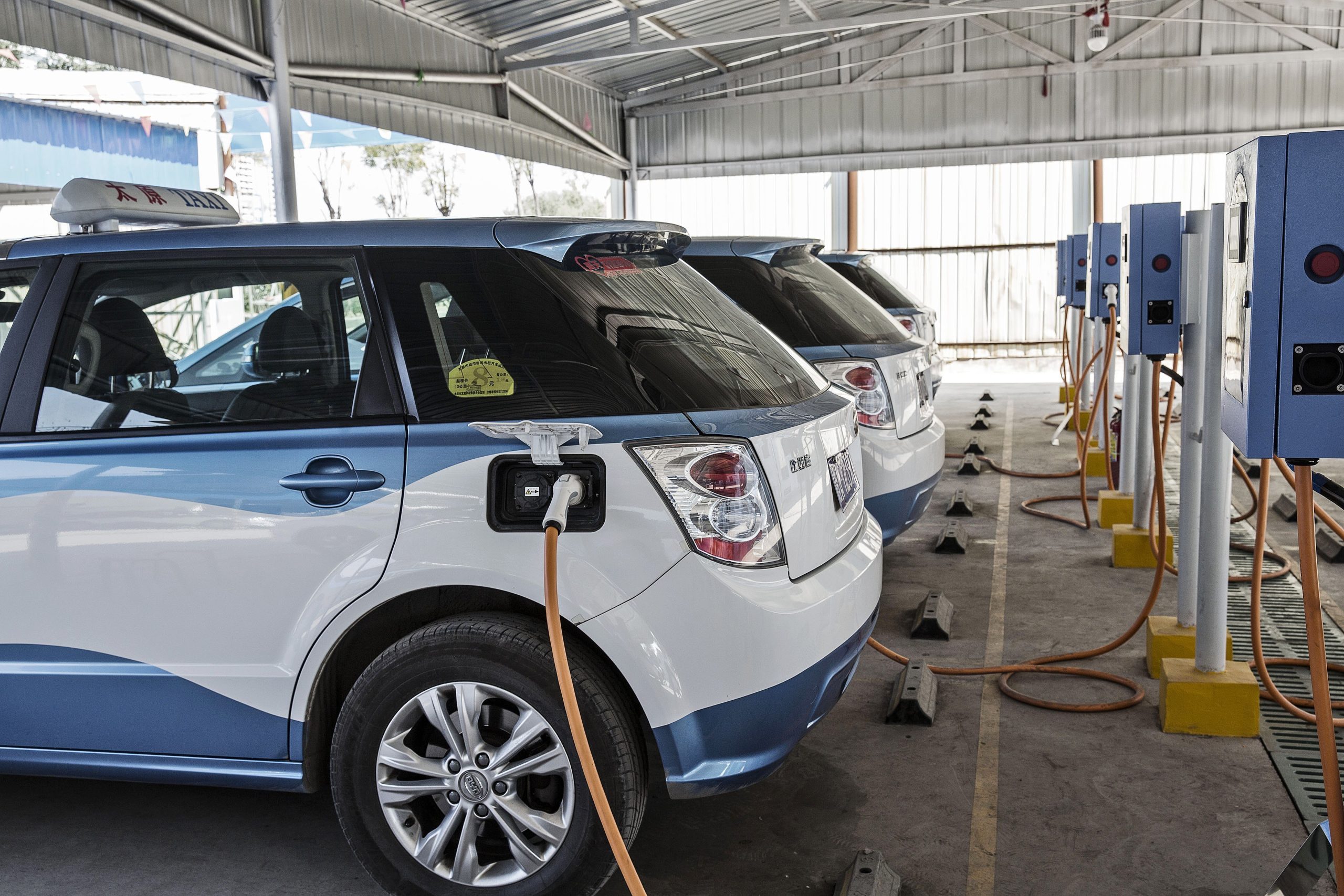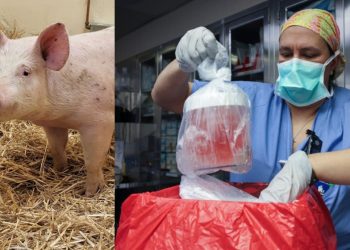The Pakistan Polio Eradication Initiative has detected Wild Poliovirus Type-1 in the environmental samples from Peshawar and Sibi, media reported on Tuesday.
A PEI official told the publication that the Regional Reference Laboratory for Polio Eradication at the National Institute of Health Islamabad has confirmed the detection of Type-1 Wild Poliovirus (WPV1) in two environmental (sewage) samples from districts Sibi and Peshawar.
The team collected a sample from the ‘Main Ghanda Nala’ environmental sample collection site in Balochistan’s Sibi district on January 15. This sample was the first positive one from the district since the establishment of the sample site in December 2022.
The detected, isolated virus is classified as YB3A cluster. It is 99.66% genetically linked to the one detected in the environmental sample from Quetta.
In Peshawar, the environmental sample was collected on January 22 from ‘Yousafabad and Tajabad Tributary of Naray Khuwar’, which is the third positive sample from Peshawar this year.
The previous two positive samples were collected on January 2 and 15. The isolated virus is classified as YB3A cluster. The new detection takes the tally of positive environmental samples to 30 in 2024.
Earlier this month on February 4, a Wild Poliovirus 1 (WPV1) was detected in 30 environmental samples collected from different cities of all four provinces of Pakistan, 28 of which were collected in January 2024.
In Quetta, environmental samples from collected from Jatak Killi and Takhthani, Railway Pul, Surpul, Tawoosabad environmental sample collection sites. The isolated viruses are classified as YB3A cluster and 99.5% genetically linked to the virus detected in an environmental sample in Kandahar (Afghanistan) on May 21, 2023.



















































